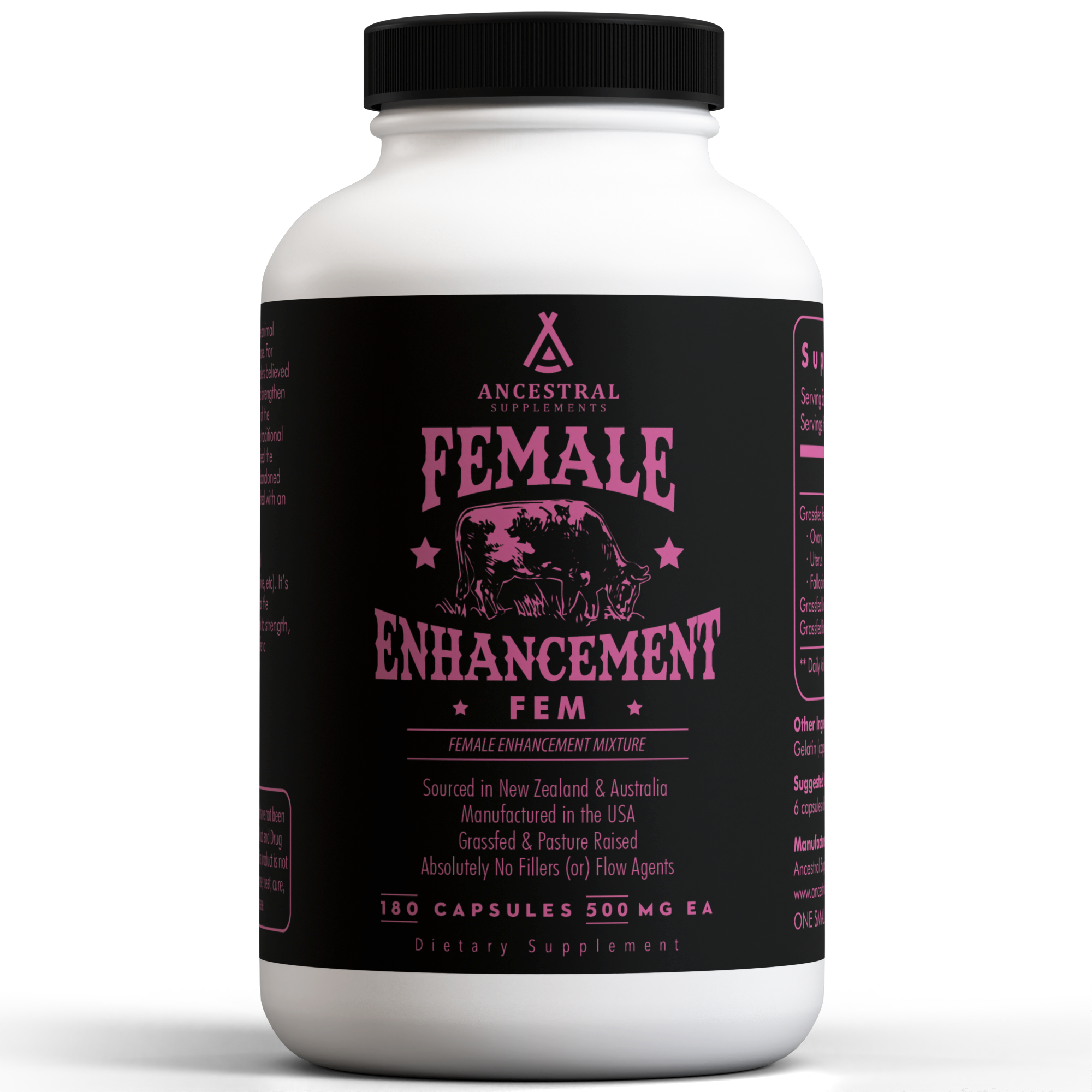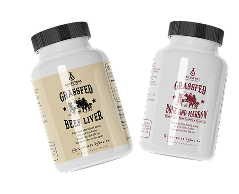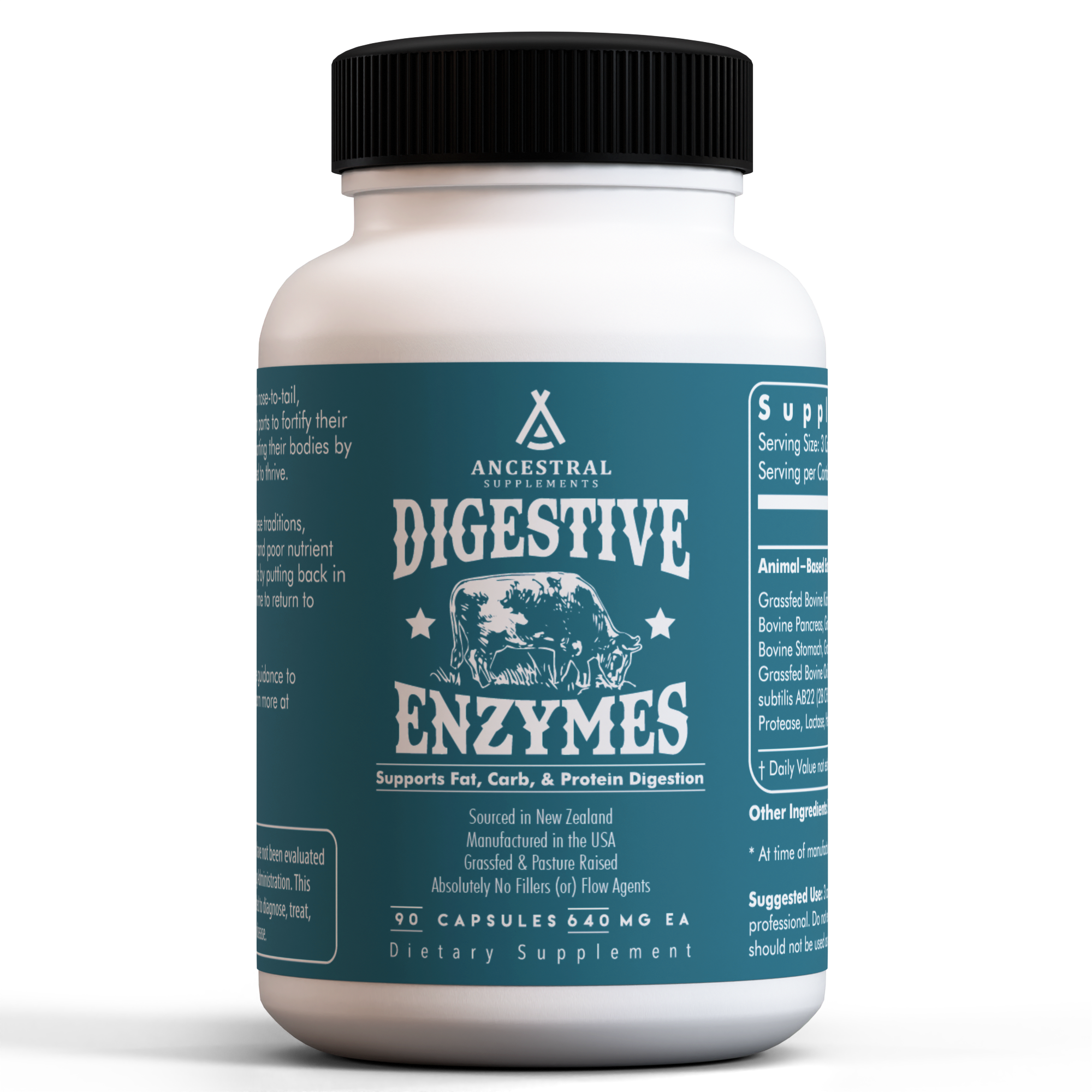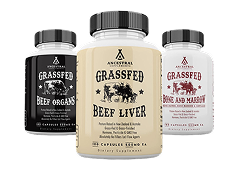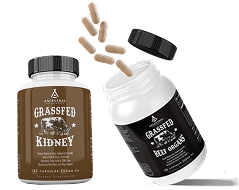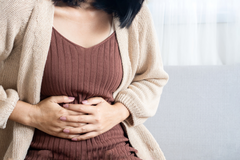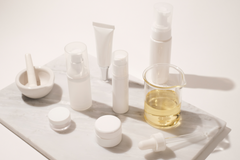How to Increase Libido and Ignite Your Desire as a Woman

A sudden decrease in your libido can be confusing and frustrating for both you and your significant other (if applicable). It can cause you to feel misunderstood, self conscious, or even guilty at times — which adds another layer of stress to a symptom that’s (seemingly) beyond your control. But decreased libido as a woman is nothing to feel bad or embarrassed about.
Approximately one in five men — and even more women — experience decreased libido at some point in their life. (1) It can turn up for emotional, psychological, lifestyle, or medical reasons and may come and go based on your stress levels and natural hormonal fluctuations during pregnancy, breast-feeding, menopause, or where you’re at in your cycle.
But how do you know when it’s a more serious problem, when you should speak to a doctor, and most importantly — what you can do about it? Let’s look at the most common reasons for a dampened sex drive, plus natural strategies to help you get your mojo back sooner rather than later.
Top Causes of Low Sex Drive in Women: Physical, Mental, Emotional
Hormonal Fluctuations (Most Common)
Estrogen (estradiol), progesterone, and testosterone are the primary sex hormones that motivate your sexual desire, increase vaginal lubrication, and give you the inclination to “have your way” with your partner.
While estrogen is the major hormone that governs and regulates female libido, you need all three sex hormones in a certain balance to have an optimal sex drive. If your estrogen, testosterone, or progesterone levels are too high or low, your libido can be affected. (2)(3)
Hormones are so interconnected that when one is thrown off, the others are affected too. It’s like a domino effect. That said, anything that shifts one hormone can contribute to imbalanced sex hormones — such as existing hormonal balances (like hyper or hypothyroidism) or elevated cortisol levels from prolonged anxiety and stress. (4)(5)
When is Low Libido in Women “Normal”?
Of course, hormone levels naturally fluctuate at all ages and life stages — such as during pregnancy, breast feeding, menopause, and where you’re at in your cycle.
Right before ovulation, your estrogen levels peak and naturally increase your desire for sex. Nature designed it this way to ensure we keep the earth’s population growing. (6)
When you hit perimenopause and menopause, your testosterone and estrogen levels naturally decrease. This is when hot flashes, night sweats, estrogen patches, vaginal dryness, and uncomfortable sex or zero sex become the main topics of your conversations. (7)
Progesterone and estrogen levels plummet postpartum, which can lead to symptoms of depression and a lack of sexual interest. (8)
As a woman, you can expect to experience hormonal fluctuations throughout your life. However, if you’re experiencing a decreased sex drive for longer than two to three months outside of these factors, there could be something deeper going on.
Each woman’s cause for low libido will be different. Routine bloodwork and getting your hormone levels checked will give you more clues and concrete answers. In the meantime, you can implement the natural libido boosters coming up below.
Lack of Nutrients
A variety of nutrients such as zinc, iodine, magnesium, selenium, vitamin C, B vitamins, vitamin D, and cholesterol from healthy fats are necessary to produce sex hormones. (9)(10)
If you eat processed foods more often than not (which offer very little in terms of vitamins and minerals) or if you’ve followed a low-fat diet for an extended period, this can also impact your estrogen levels.
Introducing New Medications (In Particular SSRIs)
Research shows depression is 50% more common in women than men. (11)
A variety of medications can interfere with your desire — namely antidepressants. This is because they alter the production of neurotransmitters in your brain. Like hormones, certain neurotransmitters, such as serotonin and dopamine, play a critical role in your appetite for sex. (12)
SSRIs (selective serotonin reuptake inhibitors) naturally raise your serotonin levels so that you feel relaxed, calm, and emotionally balanced — which is a great thing. But this can also prevent the hormones that cause you to positively respond to sex from communicating that “desire” message to your brain.
If you see a correlation between experiencing low sex drive and a new medication, always speak to your doctor for guidance. It can feel embarrassing, but guaranteed they’ve heard it all before and will have helpful suggestions.
If medication is the reason behind your decreased libido, it’s still worth trying out the dietary and lifestyle recommendations below, which not only help elevate your sex drive, but your energy levels, mood, and vitality, too.
Stress, Burnout, Exhaustion, and Coping With Stress in Unhealthy Ways
In today’s modern world, it’s more common to be stressed and burnt out than not.
Some health experts say that when you’re stressed for more than a month, you’re considered chronically stressed. On a basic level, for some, it can be difficult to get in the mood when your mind is preoccupied with unexpected financial burdens, a growing to-do list with few hours left in the day, or being ticked off with a friend or your boss.
Experiencing grief or loss, major fatigue, having communication barriers, resentment, or any other sort of disconnect with your partner are also examples of emotional distress that can significantly impact your libido.
Excessive dirty martinis, junk food, smoking, and other substances that are favored to cope with or numb emotional stress are also well-known hormone disruptors. (13) Plus, these coping mechanisms can compound the stress you experience by making you feel worse in the long run — physically, mentally, emotionally, financially, and so on.
On the physiological level, chronic stress repeatedly triggers your body’s fight-or-flight response, which prioritizes functions essential to your survival, such as alertness and increased blood flow to the arms, brain, and legs (intended during our primal days to help us run to safety).
Reproduction isn’t considered an essential function when your body senses you’re in danger, so your sexual desire gets shelved.
If your stress levels are fairly consistent and you’re in fight-or-flight mode for a prolonged period, your cortisol levels will also be elevated, which suppresses sexual desire by reducing the production of estrogen, progesterone, and testosterone. (14)
How to Naturally Increase Libido for Women: It Starts With Your Lifestyle (and a Little Help From Organ Meats)
A healthy lifestyle is the cornerstone for maintaining and boosting your libido and sexual wellness. Diet, exercise, and healthy stress management are the best places to start.
Daily Exercise: The Most Bang For Your Buck
Daily physical activity improves your sexual health in more ways than one. It naturally increases blood flow, energy levels, mood, and estrogen metabolism. Exercise also improves your body image and self-esteem. All of these elements are essential to your sex drive and well-being. (15)
The most important thing is to pick a form of exercise you enjoy and look forward to, because you’ll be most likely to stick with it. It also doesn’t have to be crazy intense. All that matters is that you’re moving!
Dancing, yoga, meditation, and even walking in nature are great forms of exercise for the body and mind and can help you cope with stress and shake off your worries while promoting balanced cortisol and estrogen levels.
A Whole Foods Diet (Ideally Including Organ Meats)
Regular exercise that you enjoy (because you’ll be more likely to stick to it) paired with a balanced diet that includes plenty of whole foods, healthy fats, and high-quality proteins cannot be understated for hormonal balance.
The Mediterranean, Paleo, and Ancestral diets are examples of balanced, nutrient-rich diets that optimize hormonal health.
One of the best foods you can eat for your hormones? Grass-fed liver.
It’s one of the richest sources of vitamin B12 on the planet, making it a true ancestral superfood for relieving fatigue and boosting serotonin and dopamine levels. B12 also contributes to balanced estrogen levels and testosterone production. (16)
There’s an easy way to get liver in your diet without having to do a thing in the kitchen. All you need to do is take a capsule. Female Enhancement Mixture (FEM) combines liver, ovary, uterus, fallopian tube, and bone marrow to support female hormonal production, libido, and fertility, as well as menstrual cycle regulation, energy, and mood.
FEM is 100% percent freeze-dried and non-defatted, so you get more of the heat-sensitive vitamins, minerals, and co-factors that make organ meats incredibly nourishing and beneficial to hormones.
Aphrodisiacs: Worth a Shot
You can also give oysters, dark chocolate, strawberries, honey, maca root, and ginseng a try. All are said to have aphrodisiac properties, meaning they can help arouse sexual instinct, desire, and increase pleasure and performance. (17)
There’s little scientific evidence to support that these foods alone can increase libido in women, but since they’re all full of hormone-supportive nutrients and antioxidants anyways, what’s the harm in trying?
Conclusion
Experiencing low libido as a woman can have physiological, mental, and emotional root causes — or may be a combination of all three.
The ideal starting points to boost your libido include creating a wellness and exercise routine you enjoy and are consistent with, coping with and managing your stress levels in healthy ways, and eating plenty of nutrient-rich foods — especially organ meats.
We recommend taking an organ meat blend supplement that includes liver (which is rich in nutrients like B12 to support sex hormone production). FEM: Female Enhancement Mixture is formulated specifically to boost female hormone production, fertility, and libido.
It’s also important to work on having a kind, loving relationship with yourself and prioritizing communication or working through other relationship concerns with your partner, if necessary.

